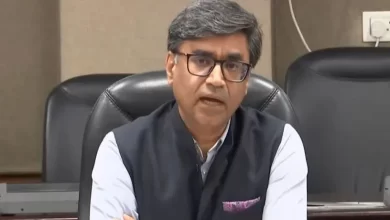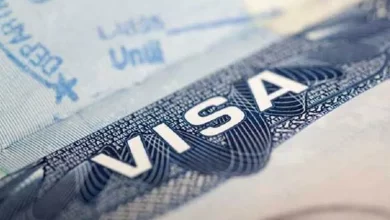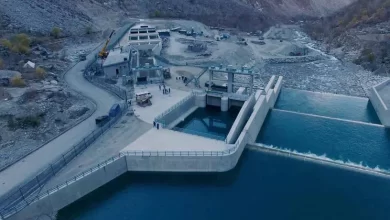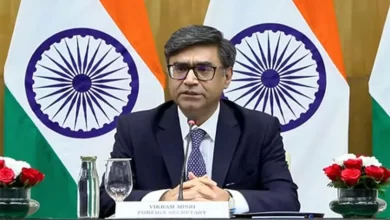Zelenskyy’s visit to the G7 has paid dividends – he can fly home confident in the West’s support

His whirlwind tour of allies that ended in Hiroshima, Japan, this weekend has paid dividends. Finally, they have accepted the logic behind his demands for modern warplanes.
They won’t be there for months, possibly not even this year, but the significance is huge. The West is now all in.
Once again Britain has led the way. Rishi Sunak’s promise to start training Ukrainians to fly state-of-the-art fighter jets has prompted others, most importantly America, to follow.
Never mind that it will take months and as Sky News reported last week, the training has not even begun yet.
Just as with tanks, the UK’s initiative has brought Washington round. Joe Biden has given the go ahead for allies to train Ukrainians on F16 fighter jets and for the planes themselves eventually to follow.
The move signals to Moscow that the West is not backing down. “We are not going away,” as Mr Sunak told Sky News at Chequers last week.
The G7 summit will be seen as consequential for the move over jets alone.
But also because it demonstrates the unity of the Western alliance more than a year into a conflict many had feared, as Vladimir Putin had fervently hoped, would divide it.
It is all a far cry from the fractious and fractured summits of the Trump era, when allies had seemed weak and disunited.
That legacy and political uncertainty in individual nations – not least the UK – had led to severe misgivings about the West’s ability to hold together at the onset of Russia’s invasion.
But Joe Biden has stewarded the alliance skilfully, helped and nudged by the UK.
He has not forced the pace, reluctant himself to arm Ukraine too fast and mindful of the dangers of alienating doveish allies.
That approach may well be vindicated in the months ahead if Ukraine can launch a counteroffensive that is decisive.
If not there will be regrets Kyiv was not given the weapons it wanted when it said it needed them.
President Zelenskyy can fly home confident he has shored up support from allies and won a hugely significant commitment.
It is too early to say if he has also managed to talk ambivalent fence sitters like India and Brazil to support him.
His military is thought to be completing its shaping operations, sounding out enemy weaknesses and degrading its logistics.
If effective operations to expel the invaders then start to follow, he can be reasonably confident the airborne cavalry will be on its way towards the end of the year to help finish the job.







